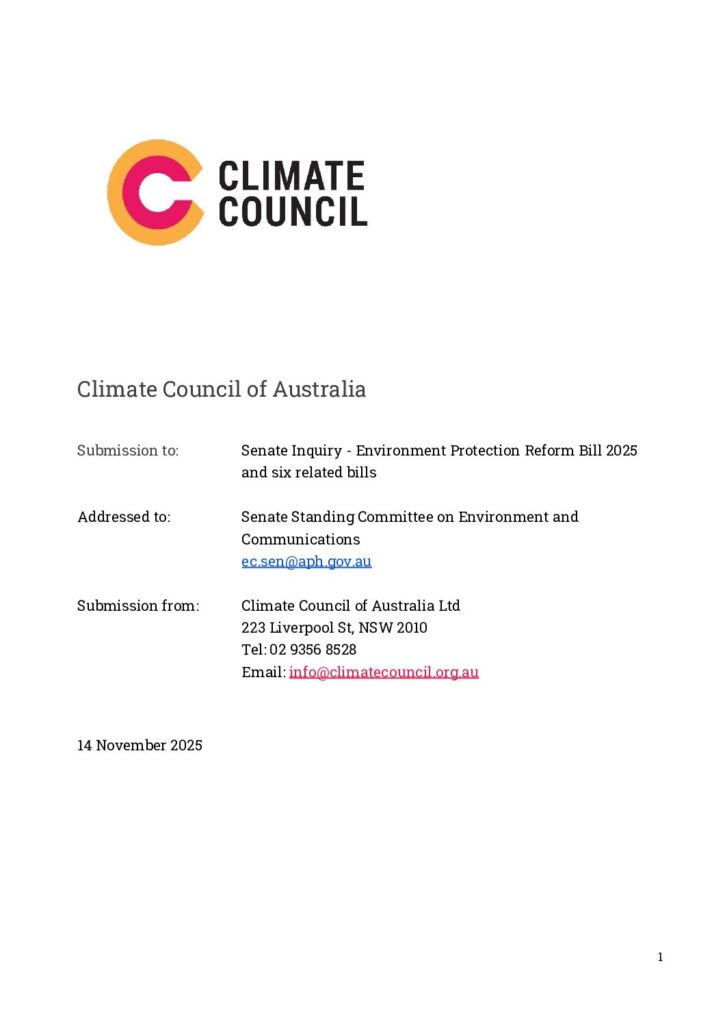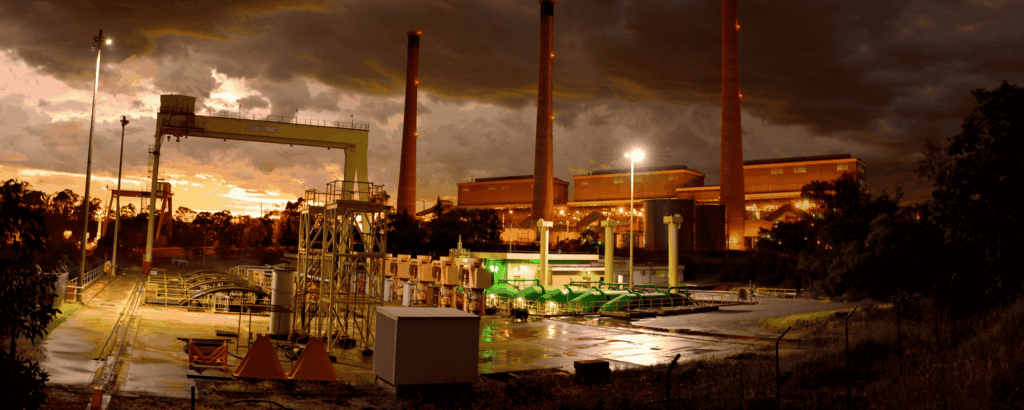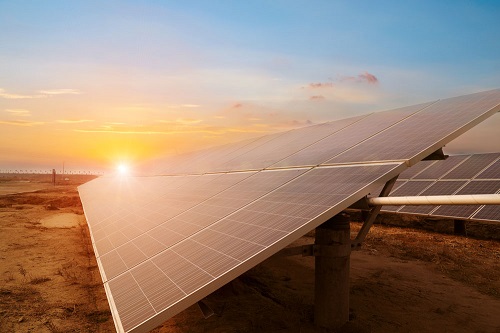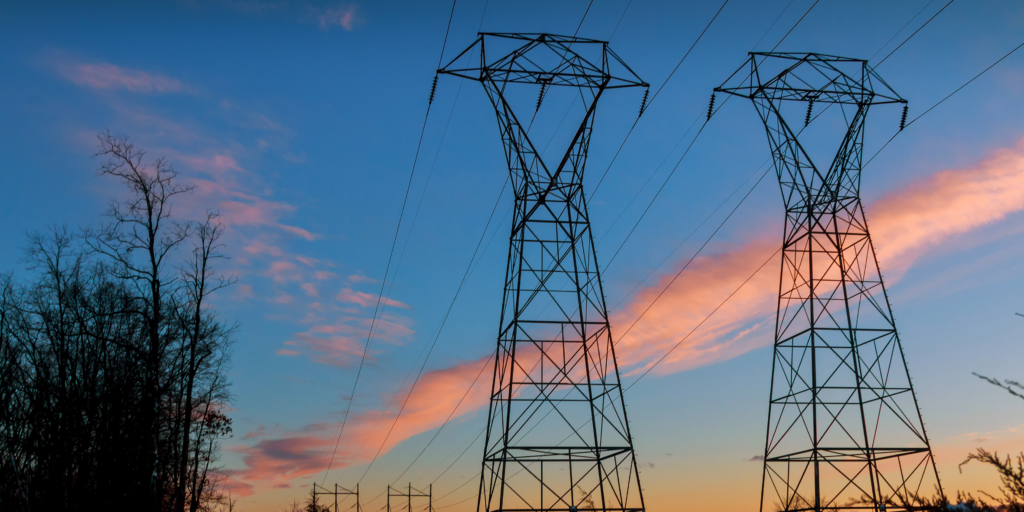Parliament has a once-in-a-generation opportunity to strengthen Australia’s environmental and climate frameworks to genuinely protect our precious natural environment from major threats. However, as they currently stand, the proposed reforms do not address the biggest threat to Australia’s environment: climate change.
Climate change, driven by pollution from burning fossil fuels, is already impacting the complex ecosystems we depend on for healthy and prosperous lives, damaging the habitats of important animal, insect and plant species, and threatening iconic natural places like the Great Barrier Reef. To better protect Australians from climate harm, we must curb new and expanded coal, oil and gas projects. The Government has the opportunity to achieve this through its reforms to the EPBC Act, however, the current proposed reforms fall well short of what is required to address climate change and protect our environment.
The Government’s current proposed reforms would:
- Create a new climate loophole – requiring the disclosure of direct emissions from projects, while prohibiting this information from being factored into approval decisions.
- Undermine Australia’s climate progress, by continuing to allow fossil fuel projects, including 42 already in the pipeline, to be approved unchecked – even if their domestic emissions put our climate targets at risk.
- Enable polluting projects to be fast-tracked, with no prioritisation of environmentally responsible clean energy projects essential to cutting climate pollution.
- Fail to address existing loopholes, which allow land clearing and native logging to continue without proper federal assessment.
The failure to tackle climate in these reforms lies in stark contrast to the Albanese Labor Government’s efforts to cut climate pollution – including our climate targets, policies, and international commitment to contribute to the global goals of keeping warming well below 2ºC. An effective, modern national environment law can deliver on the Government’s objectives of boosting productivity and enabling vital projects like responsible renewable energy, critical minerals and housing, while protecting the environment from climate harm and other risks.
The Climate Council has long advocated for comprehensive reforms to the EPBC Act which protect the environment from climate harm. This includes the addition of a “safe and liveable climate” as a Matter of National Environmental Significance, a reform often referred to as a ‘climate trigger’. The Climate Council maintains that this comprehensive reform is the clearest option to genuinely protect the environment from climate harm, and contribute to limiting climate change in line with global goals.
However, acknowledging that the Albanese Government has ruled out this particular change, there is still a critical opportunity for reform. Even without a climate trigger, there are plenty of ways this bill could be stronger on climate. Currently, neither Australia’s current laws and policies, or these proposed reforms, manage the risk posed by the unchecked expansion of highly-polluting coal, oil and gas projects. As a result, new and expanding projects which undermine our domestic climate targets and key policies like the Safeguard Mechanism can proceed unchecked.
Three sensible improvements can align Australia’s national environment law with our climate policy
- provide for disclosure, assessment and control of climate pollution – to ensure our climate targets and key policies to cut climate pollution (notably the Safeguard Mechanism) are not undermined;
- accelerate the energy and infrastructure we need – not the polluting projects we don’t; and
- close climate-polluting loopholes that allow lands to be cleared and native forests logged.
The Climate Council urges the Government and Parliament to recognise the significant risks and shortcomings in the proposed reforms and take action to strengthen the laws to better protect our environment, and Australian communities, from escalating climate harm.










